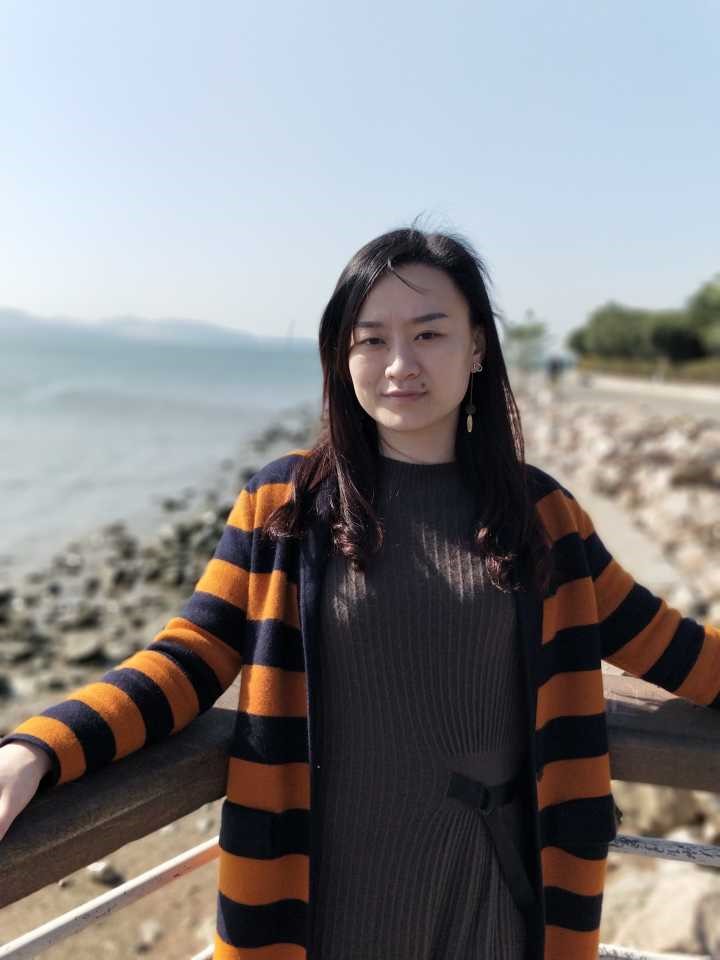
LU Lin mainly engaged in microbial-driven chemical element cycle, microbial metabolism and microbial energy related research. To explore the microbial processes and effects of marine carbon and nitrogen cycle, and reveal the mechanism by which microbes participate in the circulation of marine elements, we employ marine microorganism as the research model to carry out marine microbiome and microbial metabolism study, via omics technology, bioinformatics analysis technology, system biology method and metabolic engineering technology. Currently, the major efforts include (1) the carbon cycle mechanism mediated by the lignin metabolism bacteria in the offshore and the response to environmental factors and (2) the genetic analysis of the bacterial lignocellulosic biofuels.
Chinese Academy of Sciences Qingdao Institute of BioEnergy and Bioprocess Technology, Ph.D. in Molecular Biology and Biochemistry (2007-2011)
Visiting Scholar, University of Oklahoma, Institute for Environmental Genomics (2008-2010)
Assistant Investigator, Functional Genomics Group, BioEnergy Genome Center, Chinese Academy of Sciences Qingdao Institute of BioEnergy and Bioprocess Technology (2011-2012)
Postdoc Research Associate, Synthetic and Systems Biology Innovation Hub, Texas A&M University (2012-2014)
Associate Professor, Zhejiang University (2014-2019)
Professor, Shandong University (2019-Present)
Research Interests:
Marine microbial chemical element cycle, Microbial metabolism, Microbial biofuels
Selected Publications:
1. Lu Lin#*, Xiaopeng Wang#, Lanfang Cao, Meiying Xu (2019) Lignin catabolic pathways reveal unique characteristics of dye-decolorizing peroxidases in Pseudomonas putida. Environl Microbiol 21 (5): 1847-1863.
2. Wang, X., L. Lin*, J. Dong, J. Ling, W. Wang, H. Wang, Z. Zhang, and X. Yu (2018) Simultaneous Improvements of Pseudomonas Cell Growth and Polyhydroxyalkanoate Production from a Lignin Derivative for Lignin-Consolidated Bioprocessing. Appl Environ Microbiol, 84(18): p. 01469-18.
3. Tu, Q., L. Lin*, L. Cheng, Y. Deng, and Z. He, (2018) NCycDB: a curated integrative database for fast and accurate metagenomic profiling of nitrogen cycling genes. Bioinformatics, 28(5085377).
4. Lu Lin, Yanbing Cheng, Yunqiao Pu, Su Sun, Xiao Li, Mingjie Jing, Elizabeth A. Pierson, Dennis C. Gross, Bruce E. Dale, Susie Y. Dai, Arthur J. Ragauskas, Joshua S. Yuan* (2016) Systems Biology-Guided Biodesign of Consolidated Lignin Conversion. Green Chemistry 18 (20): 5536-5547.
5. Qichao Tu and Lin L* (2016) Gene Content Dissimilarity for Subclassification of Highly Similar Microbial Strains. BMC Genomics 17: 647-658.
6. Lin L, Yuetong Ji, Qichao Tu, Ranran Huang, Lin Teng, Xiaowei Zeng, Houhui Song, Kun Wang, Qian Zhou, Yifei Li, Qiu Cui, Zhili He, Jizhong Zhou, and Jian Xu* (2013) Microevolution from shock to adaptation revealed strategies improving ethanol tolerance and production in Thermoanaerobacter. Biotechnol Biofuels 6 (1):1-17.
7. Lin L and Xu J* (2013) Dissecting and engineering metabolic and regulatory networks of thermophilic bacteria for biofuel production. Biotechnol ADV, 31: 827–837.
8. Lin L, Song H, Tu Q, Qin Y, Zhou A, Wenbin Liu, Zhili He, Jizhong Zhou, Jian Xu* (2011) The Thermoanaerobacter Glycobiome Reveals Mechanisms of Pentose and Hexose Co-Utilization in Bacteria. PLoS Genet 7(10): e1002318.
